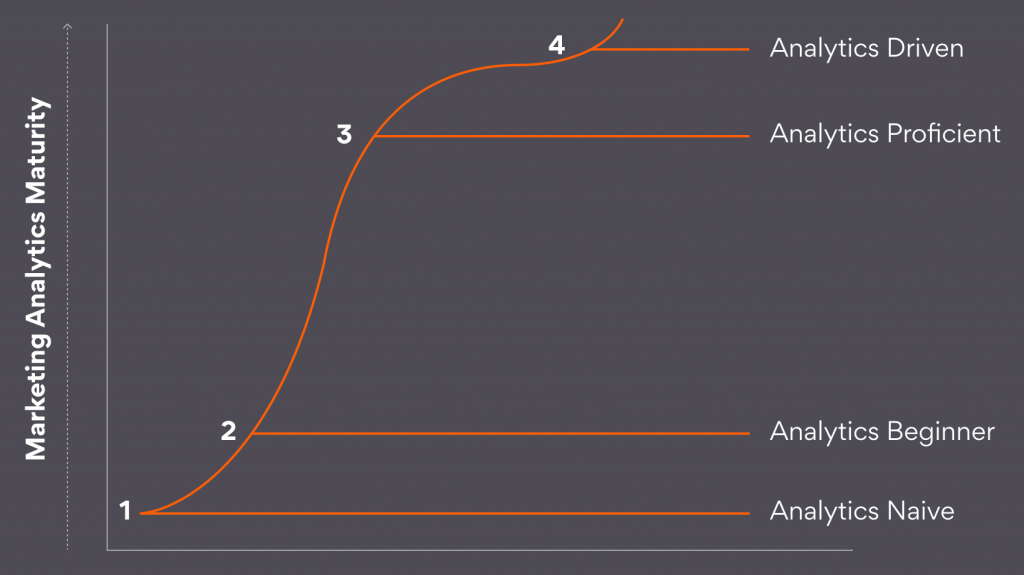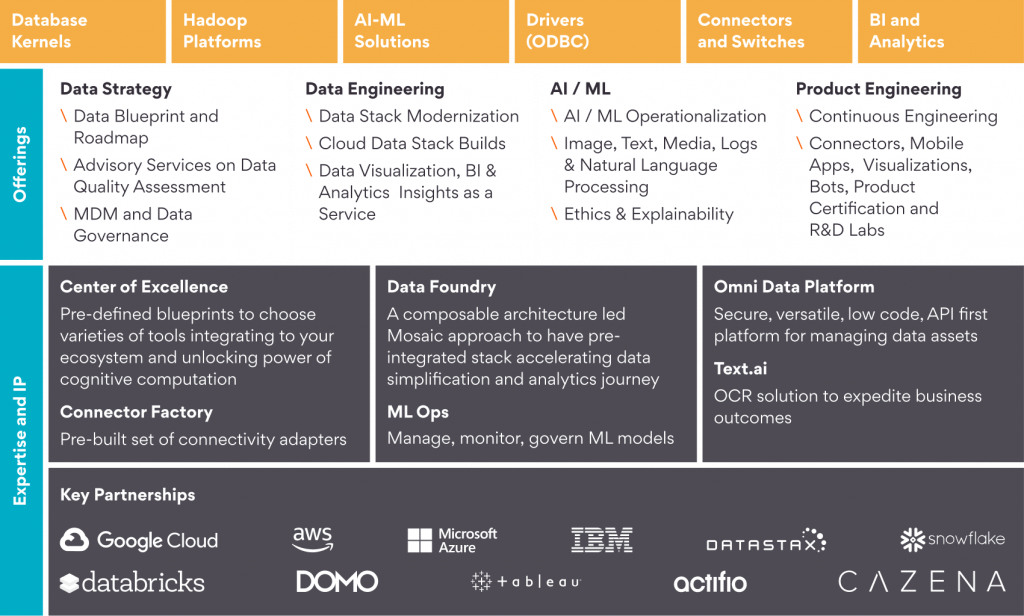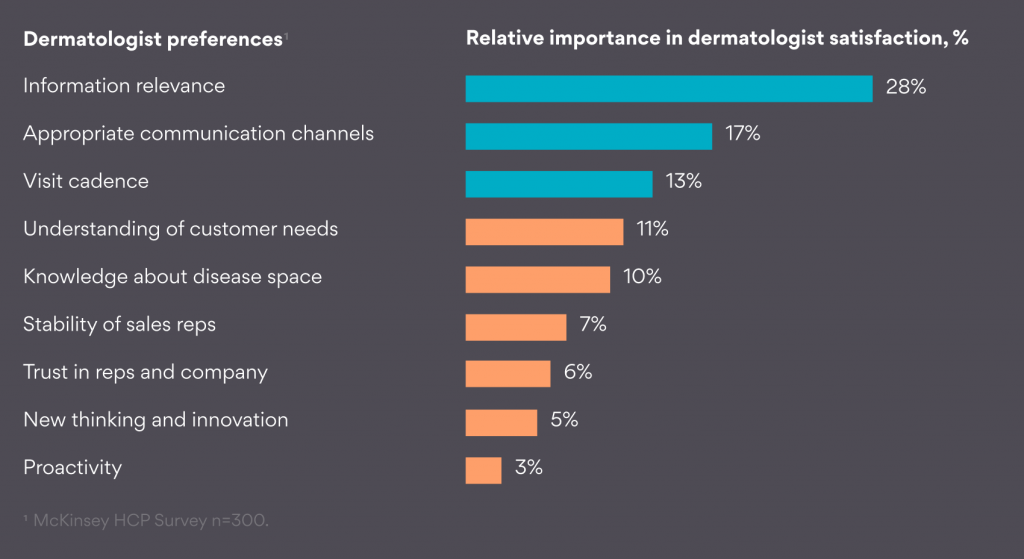How is marketing in life sciences industry different from marketing apparels or cold drinks?
The life sciences industry primarily deals with the manufacturing or distribution of drug or medical devices used for prevention, diagnosis, or treatment of medical conditions. It is a highly regulated industry than many other industries across the globe.
The notion of customer and consumer is different in this industry. Physician is actual customer and patient is consumer, in case of prescription products. In case of OTC products, patient is both customer and consumer.
Price and marketing communication of medical products are regulated by regulatory authority. Unlike OTC drugs, prescription drugs can’t be promoted through common promotional vehicles like television, radio, and social media. Direct marketing is the only promotional vehicle here in which medical representatives act as media between firm and customer (Doctor).
What are the typical marketing challenges in life sciences industry?
The life sciences industry comprises a rich and interesting mix of companies that combine world-class engineering and product design with cutting-edge innovation. But this industry faces a lot of difficulties when it comes to marketing. Here are some key marketing challenges that a life sciences firm faces –
- Cut-throat rivalry – With an increasing variety of competitors in the market, firms find that their market share is shrinking, and their profits are plateauing or even declining. Life sciences firms with deep pockets are spending astronomical amounts on marketing and marketing spend across the industry is skyrocketing.
Figure1: Drug company spending (Source: BMJ Journal) - Extremely occupied physicians – Approaching today’s busy physicians and CXOs of healthcare firms is more challenging than ever for sales representatives. COVID- 19 has added to the woes of the life sciences firms.
- Regulated market – Life sciences products are highly regulated and complex products, which makes the job of marketers far much more complicated and harder.
- Difficulty in educating consumers – Life sciences companies greatly rely on people being able to use their products correctly for success. Spreading awareness about new products among the masses is painstaking for the marketers as they operate in an industry which is yet to wake up to the potential data driven digital transformation brings to medical education.
How marketing analytics can help a life sciences firm address some of these challenges?
In an industry riddled with fierce competition, increasingly complex regulations, and high consumer attrition, marketing analytics can enable a firm to gain a competitive edge over others. Here are a few key benefits of marketing analytics that significantly addresses the aforementioned challenges faced by life sciences firms –
- Intelligent and targeted Messaging – According to a McKinsey article on engaging with physicians, personal and relevant information and appropriate communication vehicles are two topmost priorities for them. An exhibit from the same article is presented below – Marketing analytics leveraging predictive ML models and various healthcare datasets can build dynamic customer personas with distinct preferences. These personas are utilized for targeted communication with relevant content on drug/medical device efficacy, treatment adherence, and health outcomes.
Figure 2: Dermatologist preferences (Source: McKinsey market research) - Uplifting promotional effectiveness – AI/ML based prediction of promotion response patterns on multi-channel promotional efforts can enable a life sciences firm to build an actionable engagement score to hyper-target opportunities and risks. Through accurate design, testing, and deployment of multi-channel promotional strategies leveraging both predictive & prescriptive analytics, firm can optimize its return on promotional investments and share of voice.
- Boosting customer lifetime value – Enabling HCPs with healthcare data-driven predictive insights on treatment efficacy and patient adherence patterns will help them improve patient outcomes and realize the true potential of the medical products. According to a recent study, a prior understanding of customer behavior can help improve the average profit margin per customer by nearly 5%, and customer lifetime value by 10%.
- Exploiting opinion leaders – An opinion leader plays a salient role in life sciences marketing. In this industry, opinion leaders are none but the influential HCPs. Predictive analytics helps marketing teams get insights on such influential HCPs who can be nurtured further by targeted and high touch messaging along with relevant content. Engagement with influential HCPs leads to reduced marketing expense and increased marketing ROI of life sciences firms.
How Persistent Marketing Analytics Maturity Model for life sciences industry can accelerate the marketing analytics journey of a life sciences firm?
Persistent Marketing Analytics Maturity Model offers an enterprise-grade marketing analytics maturity framework consisting of five marketing analytics stages (shown below) that a life sciences firm must traverse to become analytics driven organization in every marketing aspect.

This framework first uses a comprehensive questionnaire for detailed evaluation of a life sciences firm to comprehend its current analytics maturity level across 7 pivotal life sciences marketing capabilities including involvement in medical conferences and new medical product launch events, social media engagements, digital media marketing. The questionnaire consisting of 26 analytics questions across these marketing capabilities.
Post-evaluation, we will come up with a set of focused recommendations tailored to your business objective to help you proceed to the next analytics level in every critical marketing aspect. We will also enable you to track your progress in all the marketing analytics aspects by finalizing the list of KPIs.
Our deep expertise in data analytics, our incredible success stories in life sciences industry, and our decade long partnership with AWS, Azure, and Google Cloud also makes us the ideal implementation partner for marketing analytics implementation for your organization.
Our value proposition in data analytics arena

“Sounds interesting, I’d like to get in touch with Persistent Systems. Who shall I contact?”
Contact Persistent Systems
Click here to learn more about Persistent Data Analytics & Business Intelligence Practice.





